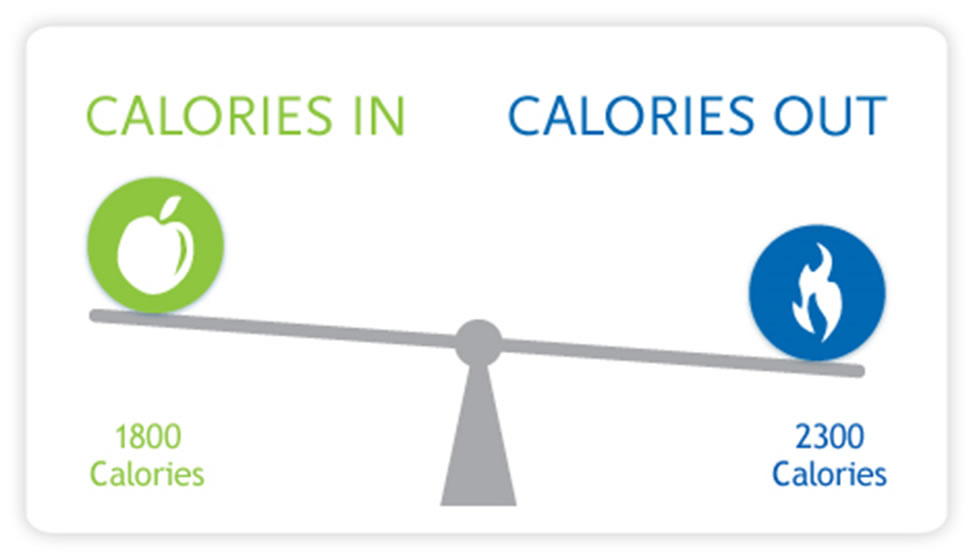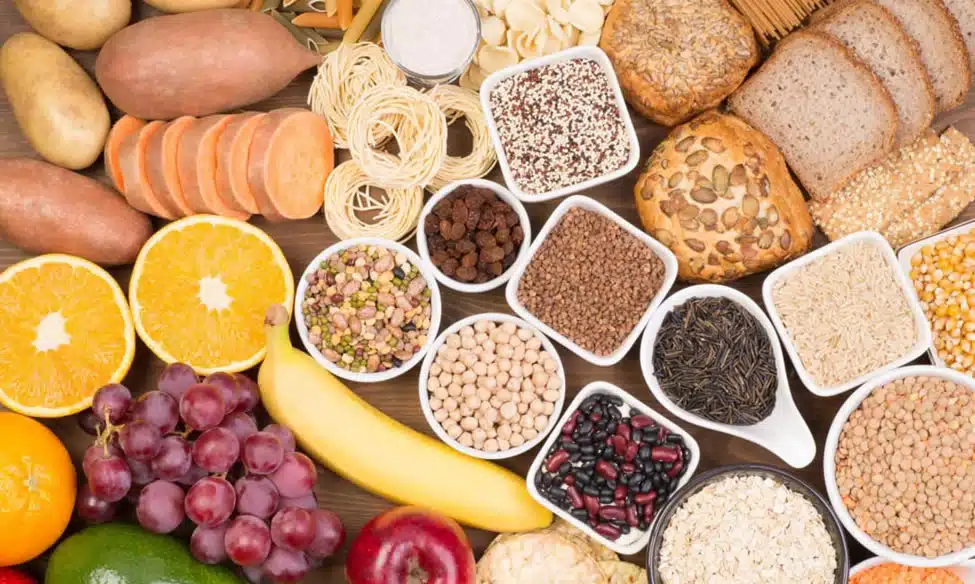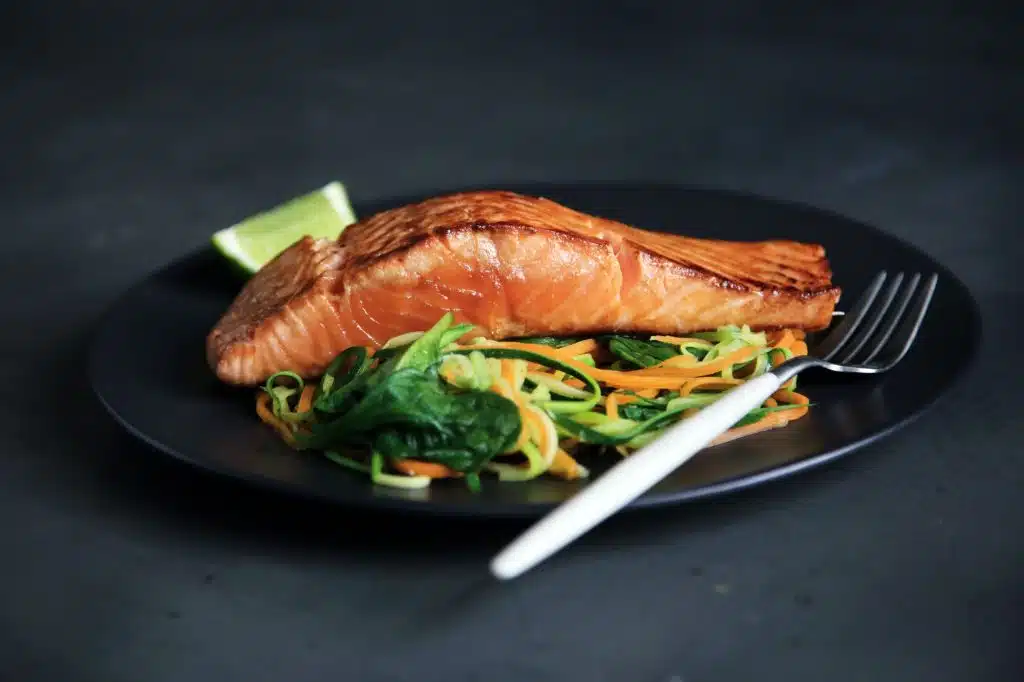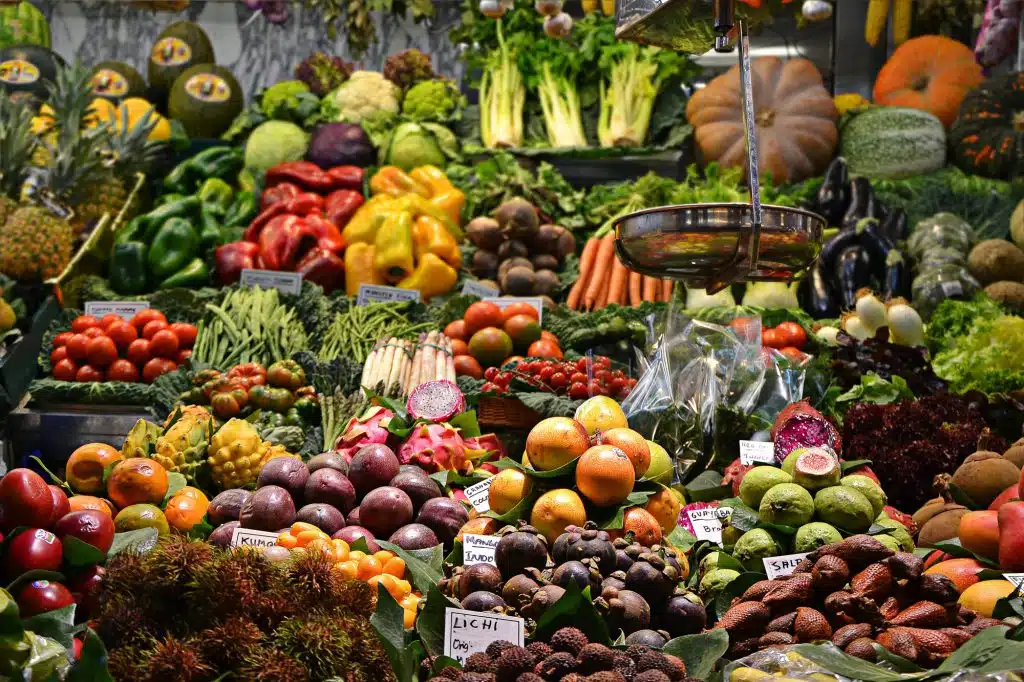Diet
7 Methods to Eat Less Food and Control Your Weight
These 7 tips will help you better control your hunger and shed weight
It is of no great surprise that the average person has difficulty controlling their food intake. It seems that almost every time a person eats, they end up craving more food, rather than feeling satiated. This leads to frequent snacking, and thus weight gain due to being in a caloric surplus. If you find yourself in this boat, don’t worry, as the following seven tips will help you better control your hunger and shed some pounds.
1. Consume more complex carbohydrates
While carbohydrates are an essential component to people’s diet, many eat refined carbohydrates like crackers, white bread with enriched wheat flour, candies, pastries, etc. These foods provide virtually no nutritional value. Instead, they only serve to raise blood sugar and insulin levels, only to then end up causing a sugar crash, known as hyponatremia. This causes fatigue and excess hunger, leading to reduced physical activity and greater food intake, which are the two greatest enemies for weight gain.
On the opposite end of the spectrum, we have complex carbohydrates. These are the healthier types of carbs, such as sweet potatoes, oatmeal, brown rice, beans/lentils, and whole grain breads. Complex carbs are MUCH more favorable for weight maintenance and even weight loss, as these foods are absorbed into the bloodstream more slowly. This means that you will be kept more full for longer, and thus reduce your chances of overeating. Complex carbohydrates also tend to be a bit higher in protein vs. refined carbs, so they can help play a better role in muscle repair and growth. Aim for 45-65% of daily calories to come from carbohydrates.
Complex carbs are also high in fiber, which is something many people don’t get enough of in their diet. Women should aim to eat 25 grams of fiber per day, while men should strive to consume 38 grams of fiber per day, per the RDA.
2. Eat more protein and healthy fats
While complex carbs do a great job at nullifying hunger, fats and lean proteins are still generally more effective for providing a satiating effect. Unless you’re a super high endurance athlete, it’s smart to replace some carbohydrates with lean proteins and healthy fats to maximize hunger control. Proteins such as lean meats, eggs, dairy products, beans, and protein powders are all excellent choices. For vegetarians and vegans, tofu, tempeh, and other soy products are also great choices. Protein should be comprised of 10-35% of total calories. However, the 20-35% range is more optimal when striving to lose weight while maintaining muscle mass.
As for fats, the majority of them should come from unsaturated(polyunsaturated and monounsaturated) fats like salmon, avocados, olive, sesame, and avocado oils, nuts, and seeds. These types of fats are rich in omega 3 fatty acids. They help fight inflammation, and raise HDL(good) cholesterol levels, while lowering LDL(bad) cholesterol levels. 20-35% of total calories should come from fats, while no more than 10% should come from saturated fats, according to the Dietary Guidelines for Americans. Dairy products are also a good source of fat intake, but keep in mind that dairy contains a higher % of saturated fats compared to the aforementioned foods. Therefore, aim for mostly low fat dairy products to help with weight control.
3. Drink water before every meal
Drinking 12-16 oz of water before a meal has been shown to reduce hunger cravings after a meal by keeping a person feeling more satiated, according to https://pubmed.ncbi.nlm.nih.gov/25893719/. Metabolic rate has also been shown to slightly elevate with increased water consumption before a meal, which leads to greater calorie burn. One more study amongst 24 older adults found that drinking 17 oz. of water before breakfast led to a 13% reduction in calories throughout the meal, compared to the control group(https://www.healthline.com/nutrition/best-time-to-drink-water#before-meals). For great quality water, LIFEWTR premium purified water with pH balanced electrolytes is one of the best out there. A six pack of this water can be purchased on Amazon using this link: https://amzn.to/3CAui5d
4. Eat fruits and vegetables with each meal
Much like with water, eating proper amounts of vegetables provides a great satiation effect, making it less likely to overeat on calorie dense foods. While vegetables obviously do have calories unlike water, they are very low in calories, and are extremely nutrient dense. These foods are phenomenal for weight control. Many essential vitamins and minerals can be consumed by proper intake of various fruits and vegetables. The current Dietary Guidelines for Americans recommend 2 ½ cups or nine servings of vegetables per day. However, this amount varies by age and the type of vegetable. As for fruits, it is recommended that we consume at least two servings of fruit per day. Some of the healthiest fruits and vegetables include bananas, apples, carrots, broccoli, tomatoes, plums, berries, spinach, kale, and mushrooms.
5. Get more sleep
Now more than ever, the average person fails to get their needed amount of shuteye each night. This is especially predominant now in teens and adolescents, as the high usage of video games and social media has really negatively impacted us. The reason why adequate sleep is so crucial(in the physically active) is because our muscles repair and recover while we rest. If we fail to get enough sleep, we will impede the recovery process, and fail to maximize muscle growth. Muscle weights more than fat and is metabolically active, so the more muscle we have, the more we rev up our metabolism. This will lead to greater fat loss over time. It is recommended that adults get 7-9 hours of sleep per night, while children should get 8-12 hours.
In addition, lack of proper sleep leads to increased hunger cravings via elevated levels of the hunger hormone ghrelin. When we are fatigued and under recovered, our body signals for us to eat more food to get us back into a homeostatic state. This makes weight control more challenging.
6. Control your stress levels
When we are consistently in a stressed state, we have elevated cortisol levels. Cortisol is a catabolic hormone, meaning that it breaks down muscle. When muscle becomes replaced with fat, not only does our metabolism slow down, but our food cravings increase. In particular, our desire for sugar increases, as it provides a quick source of energy. However, this primarily leads to extra abdominal fat, making weight management a hassle.
One more reason why cortisol leads to increased weight gain is because it puts our body in fight or flight mode, which sends a message to the body that it’s in danger. As a result, our bodies preserve water stores, which can make us look more puffy and bloated. Aim for 5-10 minutes of meditation per day to help manage stress, while also making sure to practice deep breathing throughout the day.
7. Practice mindful eating
How many times have we had out a bag of chips or candy while watching TV, only to look down in shock after a few minutes when the whole bag is nearly gone? This is because we are not conscious of our food intake, and we aren’t listening our body’s signals. Chewing food more slowly has also been shown to increase satiation levels, while those who take bigger bites tend to eat more calories overall. To practice mindful eating and weight control, turn off the TV and noise, and chew each bite of food several times before swallowing.
Sources
Ajmera, R. (2020, May 25). Is There a Best Time to Drink Water?. Healthline. https://www.healthline.com/nutrition/best-time-to-drink-water#before-meals
Corney, R. A., Sunderland, C., & James, L. J. (2015, April 18). Immediate Pre-Meal Water Ingestion Decreases Voluntary Food Intake in Lean Young Males. European journal of nutrition. https://pubmed.ncbi.nlm.nih.gov/25893719/








